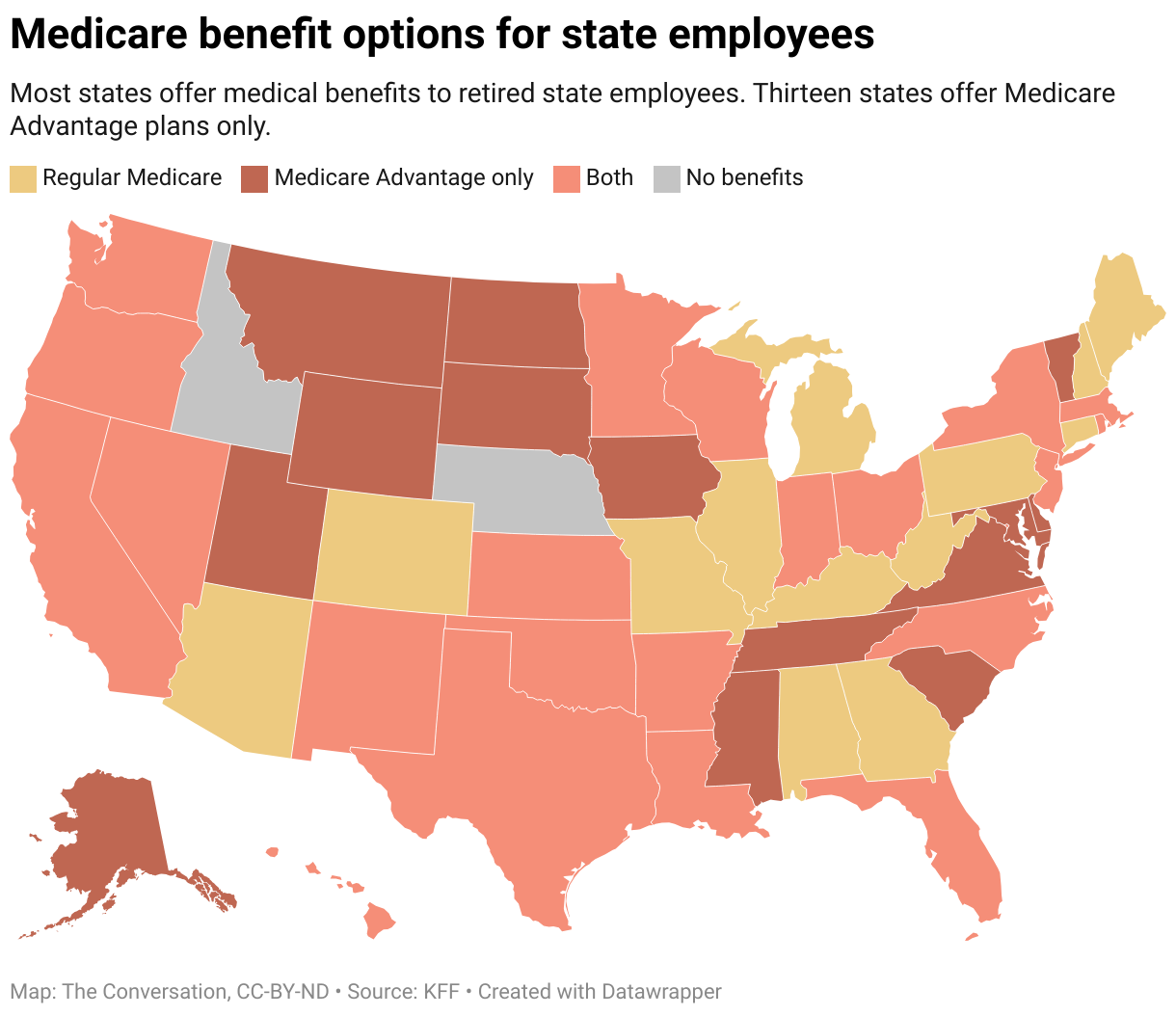The process of purchasing health insurance is not always a straight line. There are so many acronyms to learn; your head can spin just thinking about it.
If you like having a single doctor manage your care but want to choose your own specialists, then a point of service, or POS, plan may be for you. A POS plan lets you see the doctors you want but still comes with a network. Doctors in your network will be cheaper than those out of it.1
Types of Health Insurance Plans
Besides POS plans, there are several other ones to know before deciding on your health coverage.
The two most common types are HMO and PPO plans. HMO stands for health maintenance organization. It usually requires you to select a primary care physician (PCP) for all your healthcare needs. You would not be covered if you saw outside doctors. PPO stands for preferred provider organization. A PPO plan allows you to see doctors outside of your network although in-network providers will still be cheaper.
There are also EPO plans, which stand for exclusive provider organization and allow you to see a small group of doctors.
How do POS plans work?
A POS plan combines the HMO and PPO models by allowing you to see other providers even though you have one PCP. Like an HMO, you have to choose a PCP; however, like a PPO, you can see out-of-network doctors. Keep in mind that out-of-network providers may be more expensive.
POS plans are more restrictive than PPO plans but less restrictive than HMO plans.
They are also cheaper than PPO plans, but more expensive than HMO plans.
| HMO | POS | EPO | PPO | |
| PCP | Yes | Yes | No | Yes |
| Out of network? | No | Yes | No | Yes with restrictions |
| Pre-authorization | No | Maybe | Usually | No |
| Premium | Low | Medium | Medium | High |
Referrals
If your primary care doctor refers you to a specialist out of network, it will be cheaper than choosing one on your own or out of network.
Let’s take a look at an example. Say you’ve been having on-and-off chest pain. At your annual wellness exam, you mention that pain to your PCP, Dr. Jones. He runs some tests and thinks you should visit a cardiologist.
Your policy designates a 20% copayment for referred specialists and a 50% copayment for out of network providers (your numbers may be different). You live in Philadelphia, where the initial office visit would cost $284.3 Since your doctor referred you, you will only owe a $55.40 copayment. If you went with another out-of-network cardiologist, you would owe $138.50.
Keep in mind if you are referred to an out-of-network specialist, you may have to file your own paperwork for billing. It may also take some time to receive any reimbursement.
The Cost of a Point-of-Service Plan
POS plan costs vary based on where you live, your age, and what kind of coverage you’re interested in. Copays are generally low, and premiums fall somewhere between HMO and PPO plans. POS plans also do not have deductibles for in-network services. However, there may be a high deductible for out-of-network providers.6
Pros and Cons
At the end of the day, your personal finances and your health will be deciding factors for your health insurance. A POS plan might be wrong for one person but make perfect sense for another.
Pros:
- POS premiums are lower than PPO premiums.
- A POS network is less restrictive than an HMO one.
- Your care can be coordinated by your primary care physician.
- Those who travel can potentially see out-of-network or even out-of-state providers and still be covered.
- In-network providers often have very low copayments.
Cons:
- A POS network is more restrictive than a PPO one
- You may be responsible for filing your own paperwork.
- You may have to pay your out-of-pocket providers upfront and request reimbursement later.
- While POS copayments may be small, premiums can run higher than HMOs.
Is a POS plan right for you?
There are pros and cons to each type of health insurance plan. Your decision is going to have to come down to what is right for YOU and your financial and medical status.
A POS may be right for you if you like flexibility, but don’t plan on branching far from your network. It also works really well for people who prefer high premiums to high copayments.
A POS is not right for someone who doesn’t want to file their own post-appointment paperwork.
Where you live matters as well. Some areas have few, if any, POS options. Also, other regions may have fewer physicians (and thus, smaller networks) that can affect your decision. Not all POS plans are the same, and a POS option may not be right for everybody. Do your research before jumping into a plan. You may want to start by comparing quotes online or scheduling a free appointment with an insurance agent.




